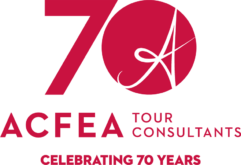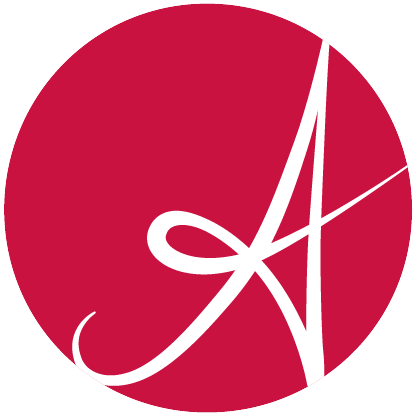“We had something strong to give the gay communities in Europe: our strong bond as gay people.” – Jon Bailey, artistic director, Gay Men’s Chorus of Los Angeles
This article was originally published in our Fall 1991 Tour Notes.
****
The Los Angeles Times reported on July 12, 1991 that “Uncertainty has given way to elation on the five-city tour, even in cities where homosexuality is suppressed.” Named Official Ambassador by the City of Los Angeles, the Gay Men’s Chorus of Los Angeles embarked on a concert tour which included the cities of Copenhagen, Berlin, Prague, Vienna and Budapest. Local audiences, gay and straight, embraced the 110 member chorus at every stop – sometimes to the chorus’ own surprise.

The first stop in the tour was Copenhagen, Denmark, a country with more legal gay rights than any other. One concern of the chorus was that homosexuality would be so mainstreamed in Denmark that the idea of a gay chorus would seem unnecessary. This fear was immediately dispelled by the enthusiastic audience at the Rodovre Kulturhus in Copenhagen. “They were utterly shocked that we were a musical organization,” Jon Bailey reflected later. “At the beginning, they didn’t take us seriously as musicians. But in the end, they were bowled over by the equality.”
In each country, ACFEA worked with gay organizations to involve the local gay community. In Berlin, for example, there is a strong gay movement, included Manner Minne, a gay chorus of 35 members. GMCLA performed to a full house at the Hochschule der Kunste in Berlin with pieces ranging from classical to a Duke Ellington medley. The highlight of the concert was when Manner Minne joined the chorus for a triumphant rendition of Sonheim’s Our Time.
The day following the concert, the chorus visited the Sachsenhausen, a concentration camp where homosexuals, labeled by pink triangles on their prison uniforms, were executed during the Nazi era. Although there remain only a few buildings, for many the impact of this memorial was the most moving experience of the tour.
The next three concerts – Prague, Vienna and Budapest – posed the greatest challenge to the ideal of gay freedom. The degree of homosexual oppression in these countries is far greater than that of the previous cities on the tour. Czechoslovakia, Austria and Hungary are all countries where the homosexual lifestyle is a furtive and dangerous one. In spite of this, a predominantly gay audience of 500 attended the concert at the Mayakovsky Hall in Prague. One man commented to Jon after the concert, “I want you to know this is the most beautiful evening of my life.” The whole chorus was especially proud when they found out that their concert was the largest public gay event ever to have taken place in Prague.
Gay life in Vienna was equally closeted. Bailey described Vienna in the Times article as a “city where homosexuality cannot be publicly acknowledged and where the anti-gay movement is strong.” But even in the face of such opposition, local gays and lesbians packed the concert hall at the University of Vienna.
Budapest was the last and most formidable city on the tour. Again there were fears that the local community would not have the courage to ‘come out’ to hear the concert. And again, the response was overwhelming, demanding the chorus continue even after two encores.
After two weeks of singing, talking, laughing and learning, the Gay Men’s Chorus of Los Angeles returned home. For some people it was an opportunity to reach out to the Europeans and share their music. And for others like Jon Bailey, it was more than this; it was the experience of a lifetime. “What happened in Prague was what we hoped for but were afraid to dream of.”

